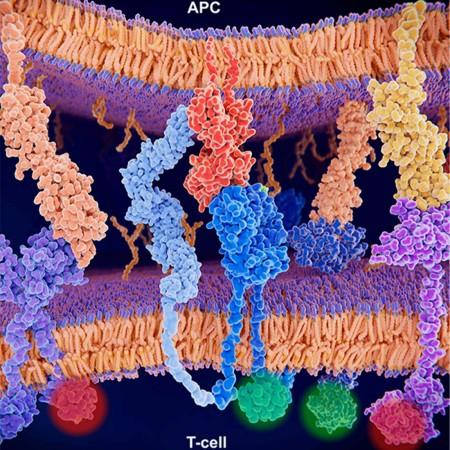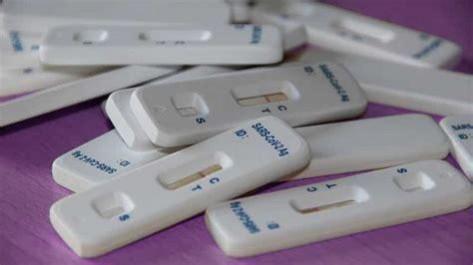Although rapid antigen tests can detect the Omicron variant it may be less sensitive, according to the US Food and Drug Administration (FDA), based on recent findings.
The findings are based on a study conducted by the FDA in collaboration with the US National Institutes of Health (NIH).
The preliminary studies evaluated the performance of some antigen tests using patient samples containing live virus, which represents the best way to evaluate true test performance in the short-term.

"Early data suggests that antigen tests do detect the Omicron variant but may have reduced sensitivity," the FDA said in a statement.
Prior to completing these live virus tests, the experts also conducted initial laboratory tests using heat-inactivated samples for some of the currently available antigen tests, which were able to detect the Omicron variant, with similar performance when detecting other variants.
Heat-inactivated samples are patient samples with Omicron variant that have been heat-treated so that the virus is no longer alive. Heat-inactivated samples are the best available option when patient samples with live virus are not available.

"It is important to note that these laboratory data are not a replacement for clinical study evaluations using patient samples with live virus, which are ongoing," the FDA said, adding that it is continuing to further evaluate the performance of antigen tests using patient samples with live virus.
The soaring Covid cases across the US is prompting a high demand for at-home rapid testing. Antigen tests can be done at home, with results in minutes, while PCR tests are processed in labs and have longer turnaround times.
However, antigen tests are generally less sensitive and less likely to pick up very early infections compared to molecular tests.
Thus the FDA had long recommended "if a person tests negative with an antigen test but is suspected of having Covid-19, such as experiencing symptoms or have a high likelihood of infection due to exposure, follow-up molecular testing is important for determining a Covid-19 infection".

However, "if a person tests positive with an antigen test, they should self-isolate and seek follow-up care with a health care provider to determine the next steps."
On the other hand, the lateral flow test used in the UK is more effective compared to the antigen test in detecting Covid variants. It also provides an alternative to the PCR test.
While the PCR tests involve amplification of the nucleic acid sample, lateral flow tests rely on the detection of a viral antigen in the patient's sample and are therefore deemed to be of lower sensitivity.
According to a study from the UK Health Security Agency, lateral flow tests are as effective at detecting the Omicron strain of the virus as they are the Delta, which means whatever strain you may have the test should be able to pick up that it's Covid.

















